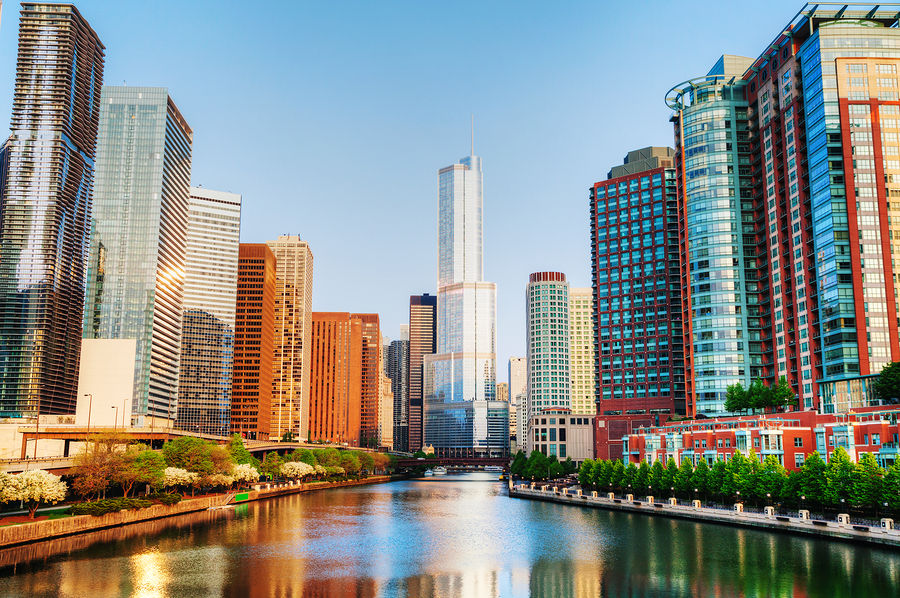Every day, the world is becoming more and more urbanized. In the U.S. while several cities are struggling economically and actually have declining populations, many others are healthy and expanding at an alarming rate.
Worldwide, the dramatic population growth areas are around cities. Countries are investing in urban infrastructure, and urging (sometimes requiring) citizens to move to them. If a country wants to expand their economy, the best way is to create strong centers for business and commerce. Cities meet those requirements because they concentrate the workforce.
For some dramatic examples of urbanization, of all skyscrapers over 800 feet tall in the world, roughly one in seven (45 at last count) are located in Dubai, United Arab Emirates. (New York City is second with 19.)
Busan on the southeast coast of South Korea is an exploding city larger than Chicago and has built eight of the giant skyscrapers in the last decade.
China has over 90 skyscrapers, more than any other country. One in three buildings in the world over 800 feet tall are in China. The Chinese government has been encouraging/requiring citizens to move to cities for decades and the result has been some enormous economic centers rivaling any city in the world.
So what does this mean to writers and authors?
It could mean that more and more people will want escapist fiction portraying life that is anything but urban. It could also mean that urban settings will become more popular in novels.
While there will always be core truths that are transferable no matter where someone lives, no doubt urban pastors and churches have different issues to deal with than their suburban or rural counterparts.
With the urbanization of the world, I would guess that the following issues will need to be addressed in greater detail in the coming years:
- Living in multi-cultural/ethnic neighborhoods
- Worshipping in multi-cultural/ethnic churches
- Families consisting of a wife, husband and a dog. (no children)
- Families with one child.
- Unmarried single living.
- Raising children in an urban environment.
- Homeschooling in a city
- Kids in urban schools
- Working in a stressful urban environment.
Fiction will always be an escape, so maybe themes for novels will have little or nothing to do with reality for most urban readers, but certainly the urban setting is filled with action and drama, giving a possible plot and character “playground” for authors.
Non-fiction will be challenged as a category, since many of it’s authors are not urban dwellers, but sometimes living far, far away from the issues of the inner city. Sometimes intentionally.
As a suburban dweller myself, I cannot presume to entirely understand the challenges of a Christian living in an urban environment any more than I could understand what it is like to live on an Amish farm.
Adding to this trend of urbanization is the issue of globalization, where languages have no boundaries, borders between countries become blurred and the internet and other communication devices make the world a homogenous interactive organism with billions of smart-phones connecting everyone.
For those of you who are serious about writing and want to communicate in the future, think about the audience to whom you are writing. Imagine a world for Christian books where the only unifying characteristic between readers is that they follow Christ?
- They don’t all live in comfortable suburbs.
- They ride public transportation everywhere.
- They don’t all have access to libraries or bookstores.
- They don’t all have the same technology options, or…
- They have technology options you don’t have.
- They don’t look like you.
- They don’t think like you.
- They like different kinds of music.
- They don’t have your politics.
- Their churches don’t look like yours.
My point today is that we shouldn’t assume we have everything figured out and that our lives and experiences are the same for everyone, everywhere. The world and the way they read is changing drastically. Writers need to be savvy, informed and open to learning new things.
Life-long learning is a valuable trait for the 21st century. I wouldn’t have it any other way.
If you like numbers, click here for a list of the world largest urban centers.
www.worldatlas.com/citypops.htm


